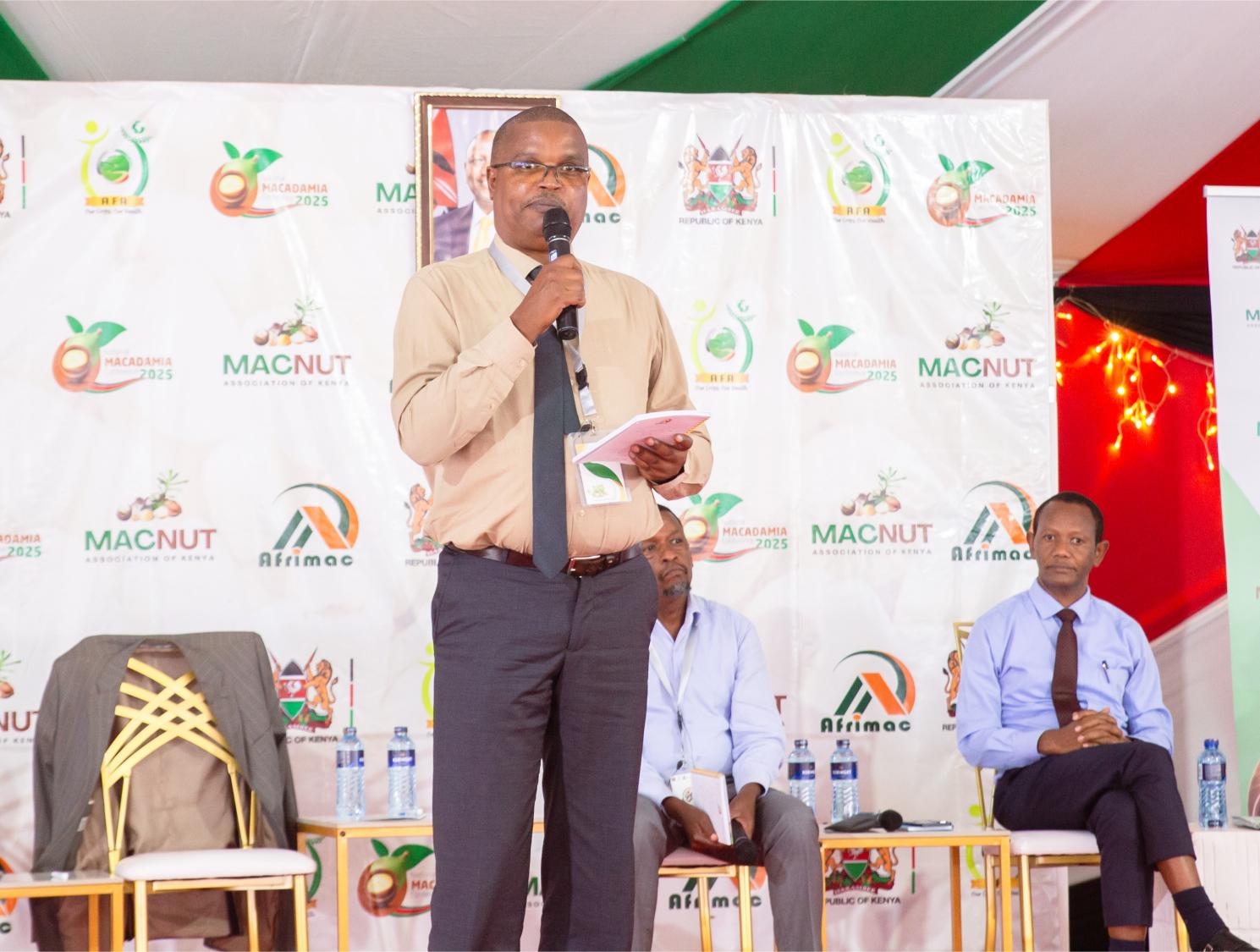
Stakeholders have called for a collaborative approach to boost local consumption of macadamia through a value-added marketing model.
Kenyans consume less than five per cent of the overall national production of macadamia, which stands at about 63,000 tonnes, despite the country being the third-largest exporter globally after South Africa and Australia.
While addressing delegates at the National Macadamia Conference at Embu University, Kakuzi general manager in charge of macadamia operations, Mathias Muinde, said domestic consumption of macadamia products was low despite its latent potential as a snack and oil crop.
“Kenyan macadamia competes at the same league as South African and Australian produce and all the value chain stakeholders need to work together to at least double the local consumption of our quality Macadamia,” Muinde said.
To double local consumption to around 6,000 tonnes, stakeholders would have to embrace innovative value addition through which a variety of products can be produced.
“There is a great potential to diversify macadamia products and spur domestic demand, a strategy that can address the current challenges in macadamia uptake,” he said.
He cited the production and packaging of quality snacks, cold-pressed cooking oils, gluten-free flour, organic manure and biomass fuels from the shells that would raise the uptake of nuts.
Muinde emphasised the need to empower smallholder farmers by equipping them with agronomic practices.
Farmers’ groups, he noted, can benefit from meaningful engagements with industry leaders such as Kakuzi to learn their value-added initiatives so as to improve productivity and secure sustainable growth.
The company is the largest single-estate macadamia grower in Kenya with an acreage of over 1,356 acres under the crop and employing over 1,200 workers in the sector.
It produces edible oil through cold processing and has a processing plant with the capacity to process 2,000 tonnes of saleable kernel (shells) making it one of the largest in Kenya.
“As part of its product diversification strategy, Kakuzi has successfully expanded into a range of macadamia value-added products including cold-pressed macadamia oil, roasted nuts, flour and now beginning activated charcoal from macadamia shells,” Muinde noted.
The wide variety of products has seen it attract interest from both national and international stakeholders.
Organised by the Agriculture and Food Authority, the conference brought together processors, farmers, researchers, academia and policymakers, to create awareness about macadamia’s economic and health benefits.
The conference provides a platform to highlight innovation in production and processing technologies for sustainability and resilience.
The theme of this year’s conference is ‘Empowering Kenya’s macadamia industry through collaborations for enhanced value and sustainability’.









